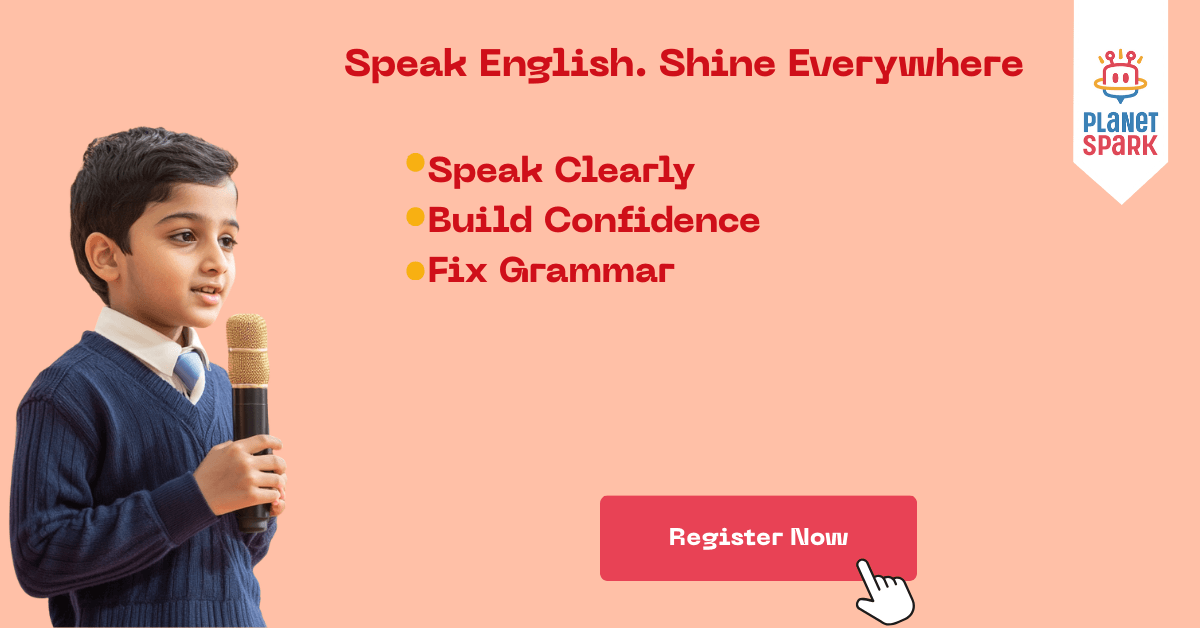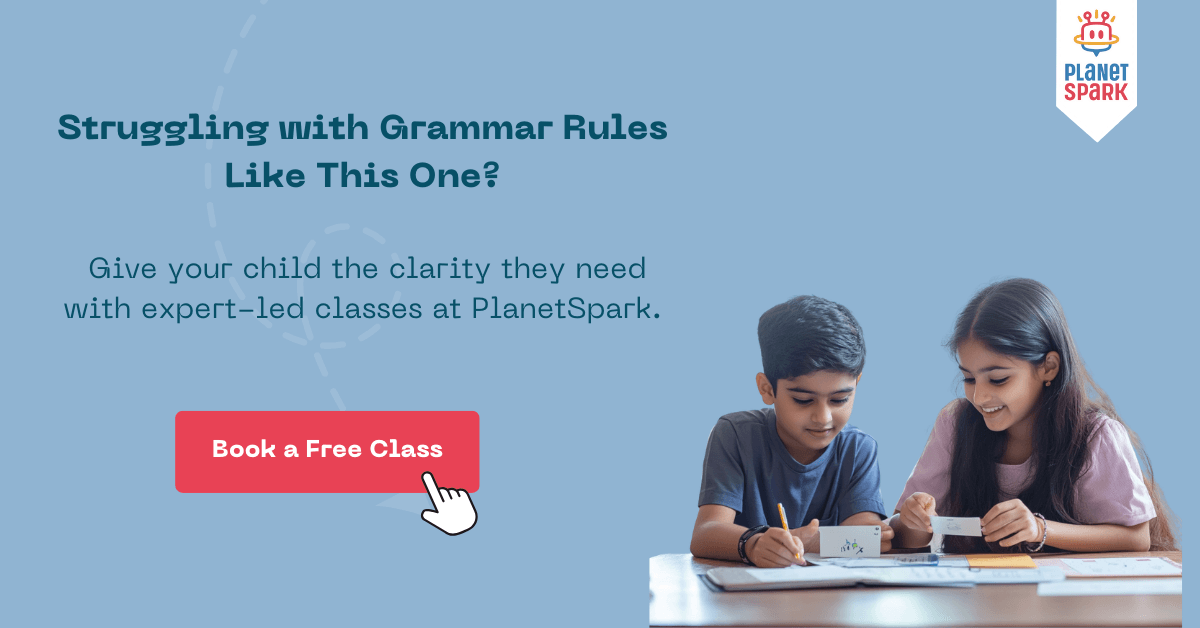Conditional Sentences in English Grammar With Examples

Table of Contents
Conditional sentences are an essential part of English grammar. They allow us to talk about possibilities, hypothetical situations, and results based on certain conditions. Understanding how to use them correctly can drastically improve your writing, speaking, and comprehension skills. Whether you’re a student, professional, or English learner, mastering conditionals opens doors to clearer and more effective communication.
In this blog, we’ll break down the types of conditional sentences, provide conditional sentences examples, and share tips to use them confidently.
What Are Conditional Sentences?
A conditional sentence is a sentence that expresses a relationship between two events, where one event depends on the occurrence of another. In simple terms, it shows that something will happen only if a certain condition is met. Conditional sentences are an important part of English grammar because they allow speakers and writers to discuss possibilities, hypothetical situations, predictions, and consequences.
Typically, a conditional sentence has two parts:
The “if” clause (condition): This part states the condition that must be fulfilled.
The main clause (result): This part describes the outcome or result if the condition is satisfied.
For example:
If it rains, we will cancel the picnic.
Here, the main event (canceling the picnic) depends entirely on the condition (it raining). If the condition doesn’t happen, the result will not happen either.
Conditional sentences are not just limited to everyday conversations they appear in formal writing, business communication, academic writing, and exams. They help express:
Real possibilities: If I finish my work early, I will go for a walk.
Hypothetical situations: If I were the president, I would make education free for all.
Past regrets or alternatives: If I had studied harder, I would have scored better on the test.
By understanding and using conditional sentences correctly, you can communicate more precisely and convey complex ideas clearly. These sentences are the backbone of logical reasoning in English and are essential for mastering conditional statements.

Types of Conditional Sentences
Conditional sentences in English grammar are broadly classified into four types. Let’s explore each one with examples:
1. Zero Conditional
Used for general truths or facts.
If you heat water to 100°C, it boils.
It shows something that is always true when the condition is met.
2. First Conditional
Used for real and possible situations in the future.
If I study hard, I will pass the exam.
3. Second Conditional
Used for hypothetical or unlikely situations in the present or future.
If I won the lottery, I would travel the world.
These sentences help in expressing dreams, imagination, or polite requests.
4. Third Conditional
Used to talk about past situations that didn’t happen.
If I had studied harder, I would have passed the exam.
Boost your grammar confidence with PlanetSpark’s English Grammar Course, where you’ll learn practical exercises on first conditional sentences and much more.
Join now for a free class to speak and write fluently!
Conditional Sentences Examples
Here are a few more examples for quick practice:
If she calls me, I will answer immediately.
If I were taller, I could join the basketball team.
If they had left earlier, they would have caught the train.
These examples show the versatility of conditional sentences in English grammar. Regular practice will make it easy to form and use them naturally.
Tips to Use Conditional Statements Correctly
Always identify whether the situation is real, hypothetical, or in the past.
Match the correct verb form to the type of conditional.
Practice with both spoken and written exercises to build confidence.
Want to master conditionals and other English grammar rules?
PlanetSpark’s English Grammar Course offers interactive lessons, quizzes, and live sessions to make learning engaging and effective.
Enroll today to start improving instantly with a free trial class!
Common Mistakes in Conditional Sentences
Mixing verb tenses incorrectly: If I will see him, I tell him
Confusing second and third conditionals: If I knew, I would have told you
Forgetting “if” or using it in the wrong clause.
Paying attention to these errors can help you sound more fluent and professional.
Why Learning Conditionals is Important
Conditional sentences are everywhere in exams, interviews, emails, and daily conversations. Understanding them helps you:
Communicate possibilities and consequences clearly.
Express hypothetical ideas and imaginative scenarios.
Improve both formal and informal English communication.
Learn Conditional Sentences with PlanetSpark
Mastering conditional sentences can be challenging without the right guidance. That’s where PlanetSpark’s English Grammar Course comes in. Designed for students, professionals, and English learners of all levels, the course offers interactive lessons that make grammar easy, practical, and fun.
With PlanetSpark, you can:
Practice all types of conditional sentences: zero, first, second, and third conditionals are explained with clear examples and exercises.
Build confidence in speaking and writing: live sessions and drills help you use conditional statements naturally in conversations and writing tasks.
Get personalized guidance: expert instructors provide feedback and tips to improve your grammar skills step by step.
Learn at your own pace: interactive modules let you practice anytime, anywhere, making it easy to fit learning into your schedule.
Imagine confidently saying: “If I study regularly, I will score higher on my exams,” or writing: “If they had left earlier, they would have reached on time.” PlanetSpark makes mastering these sentences easy and enjoyable.

Conclusion
Conditional sentences are a vital part of English communication. By understanding the types, practicing conditional sentences examples, and applying them correctly in daily conversations, you can significantly enhance your language skills. Whether for exams, professional communication, or casual speaking, mastering conditionals gives you the confidence to express ideas clearly and accurately.
Remember, consistent practice is key. Explore PlanetSpark’s English Grammar Course to gain step-by-step guidance, fun exercises, and expert tips to master conditionals and other grammar essentials.
FAQs About Conditional Sentences
Q1. What is a conditional sentence?
A conditional sentence is a sentence that expresses an action or result that depends on a specific condition. It shows a cause-and-effect relationship between two events, often using an if clause for the condition and a main clause for the result. Conditional sentences help convey possibilities, predictions, hypothetical situations, and past alternatives.
Q2. What are the types of conditionals in English grammar?
Conditional sentences in English are mainly divided into four types: zero, first, second, and third conditionals. Each type serves a different purpose: zero conditionals for general truths, first for real future possibilities, second for present or future hypotheticals, and third for past situations that didn’t happen. Knowing the types helps you use conditionals correctly in writing and speaking.
Q3. Can I use conditionals in everyday conversations?
Absolutely! Conditional sentences are commonly used in daily conversations, emails, advice, warnings, and storytelling. For example, you might say, “If you need help, call me,” or “If I were you, I would try this method.” Mastering conditionals makes your speech sound natural and fluent.
Q4. How do first conditional sentences work?
First conditional sentences express real and possible situations in the future. They follow the structure if + present tense, will + verb. For example, “If it rains tomorrow, we will stay indoors.” Using first conditional sentences correctly is essential for giving advice, making predictions, or discussing plans.
Q5. What is the difference between second and third conditional sentences?
Second conditional sentences describe hypothetical or unlikely situations in the present or future, while third conditional sentences talk about past situations that didn’t happen. For example:
Second: “If I had more time, I would travel the world.”
Third: “If I had studied more, I would have passed the test.”
Understanding this difference is crucial for expressing ideas accurately and naturally.
Q6. Are conditional statements difficult to learn?
No. Conditional sentences may seem tricky at first because of different verb forms and structures, but with structured practice and clear examples, anyone can master them. Regular reading, writing, and speaking exercises make conditionals easier to remember and use correctly.
Q7. How can I improve my use of conditional sentences?
The best way to improve is through consistent practice: writing exercises, speaking drills, and real-life applications. Online courses like PlanetSpark’s English Grammar Course provide interactive lessons, quizzes, and live sessions to help you practice conditional sentences effectively and confidently. With guided learning, you can quickly apply conditionals in both spoken and written English.
Download Free Worksheets
Personalized Communication Report
Record a video to get a AI generated personalized communication report for your child

Hi There, want to try these
tips for your child with
LIVE with our expert coach?
Let's check your child's
English fluency

